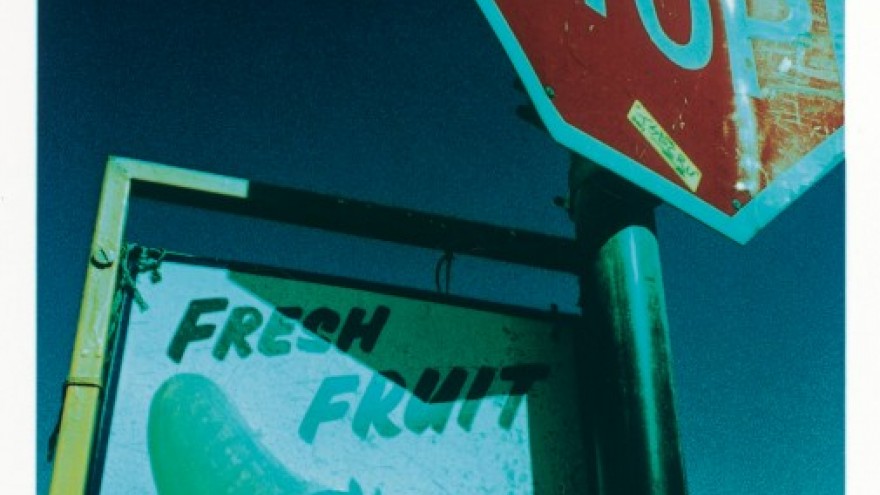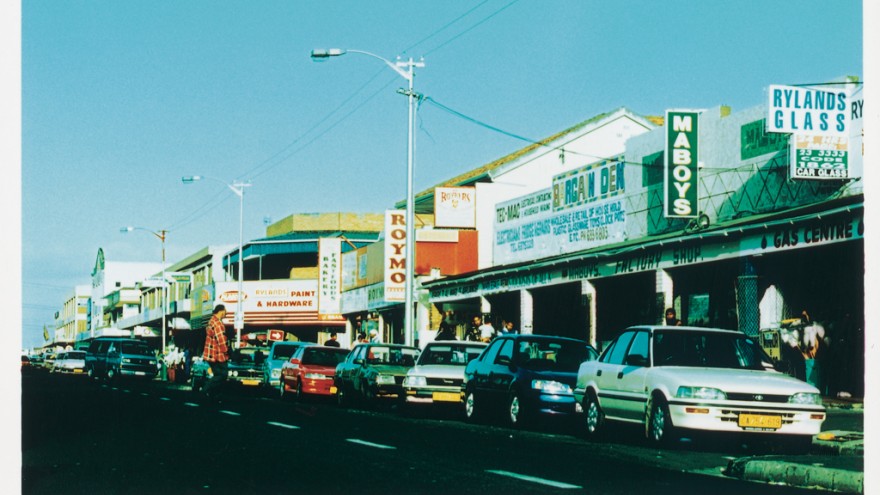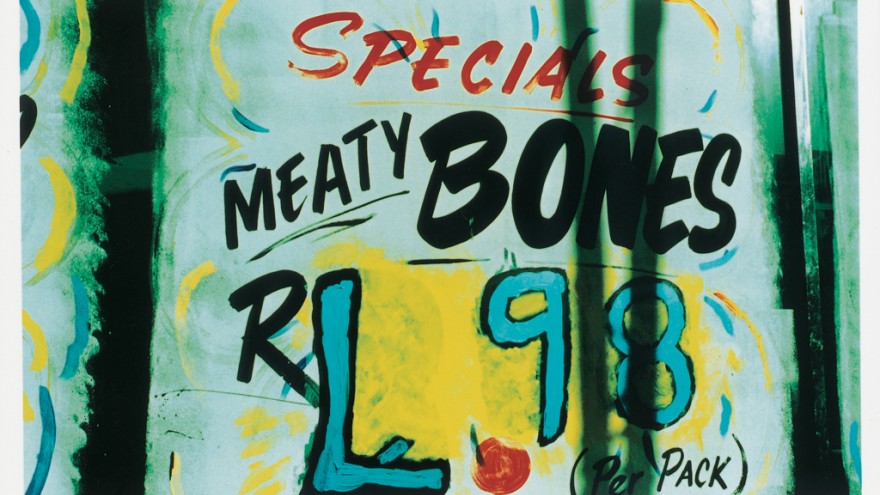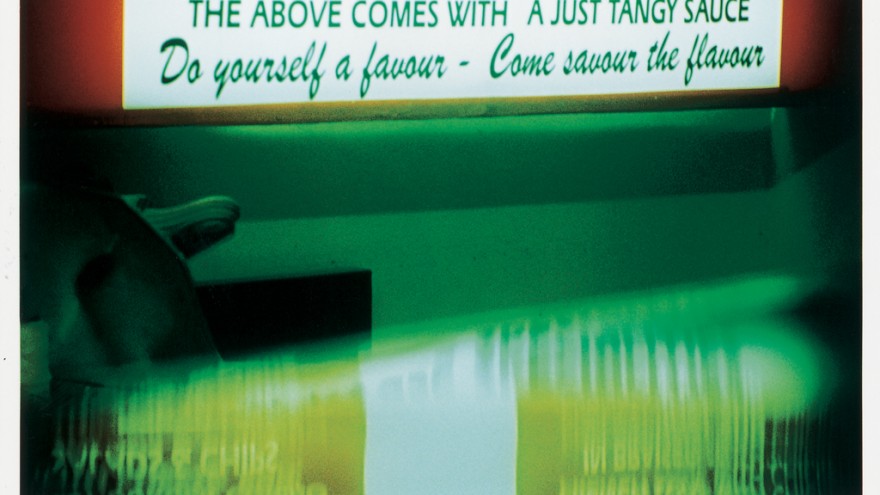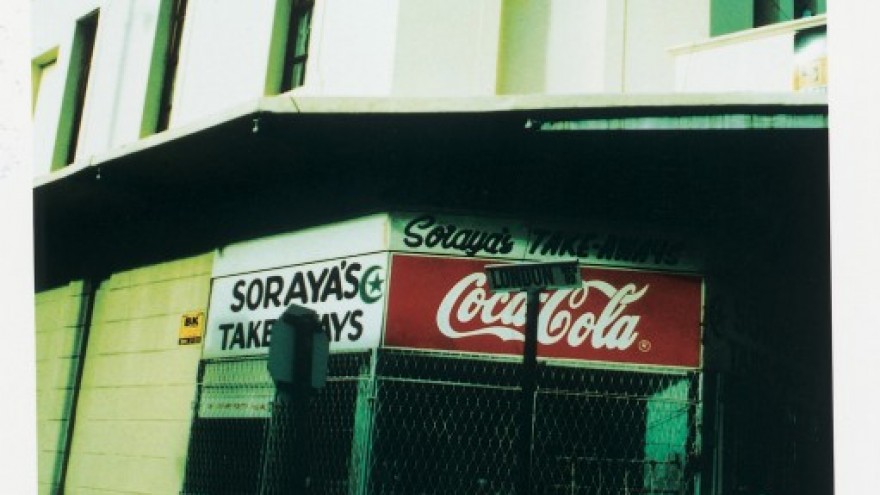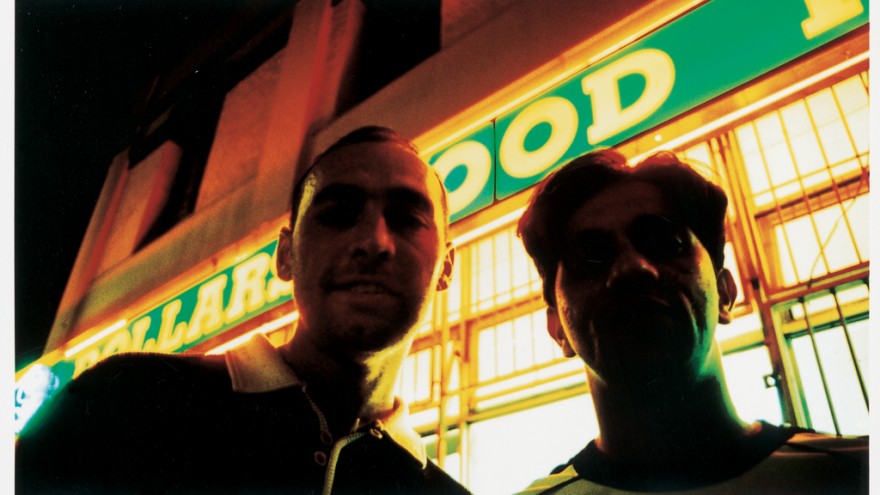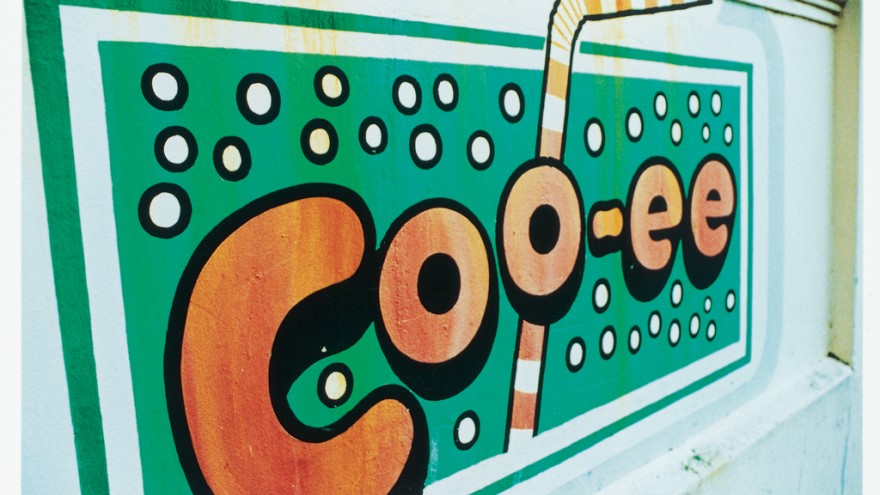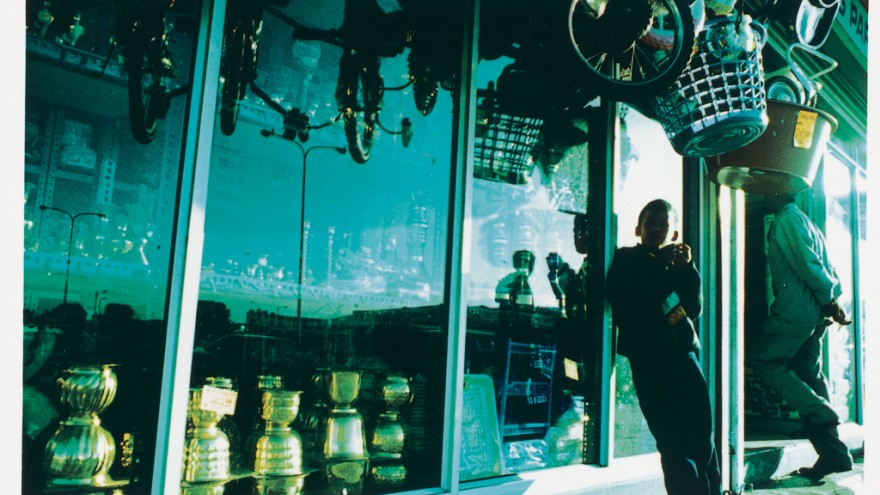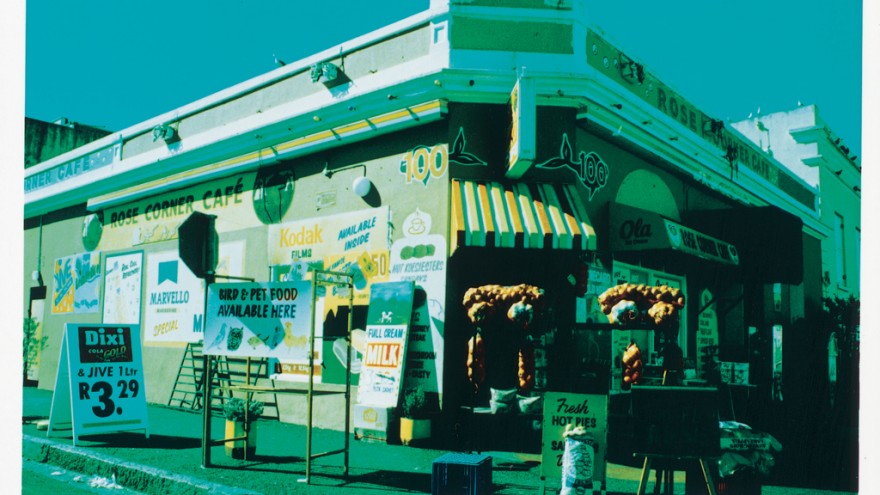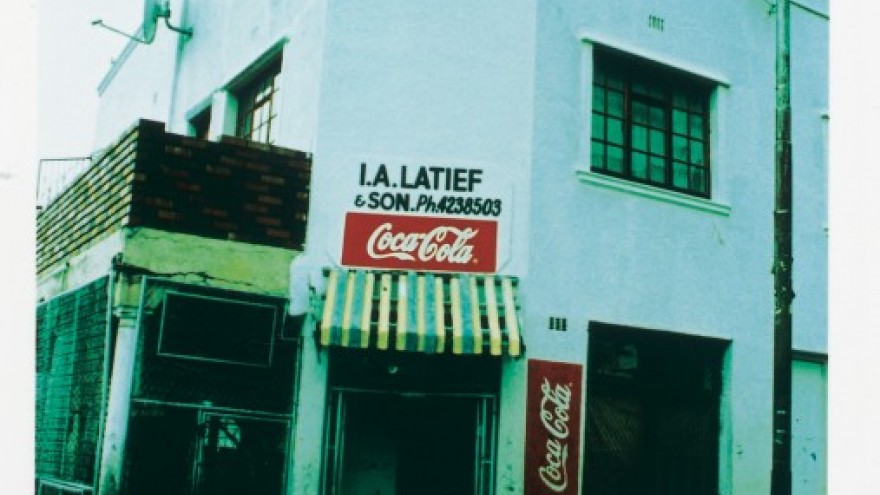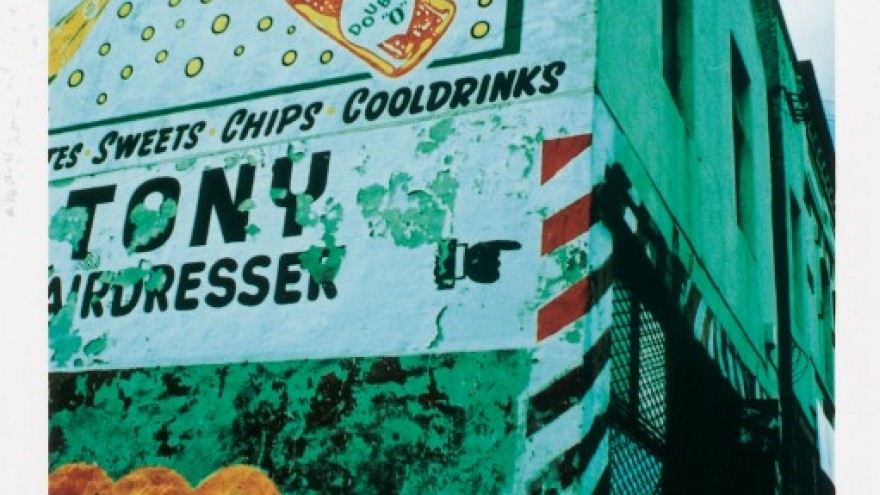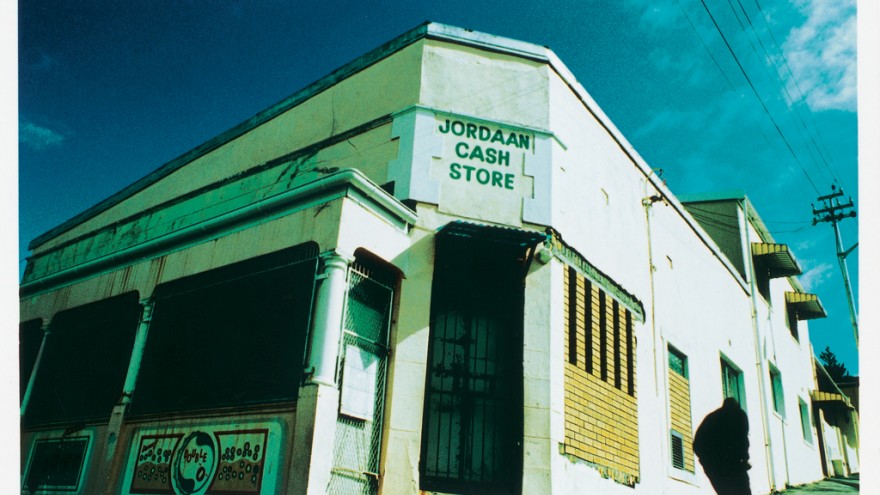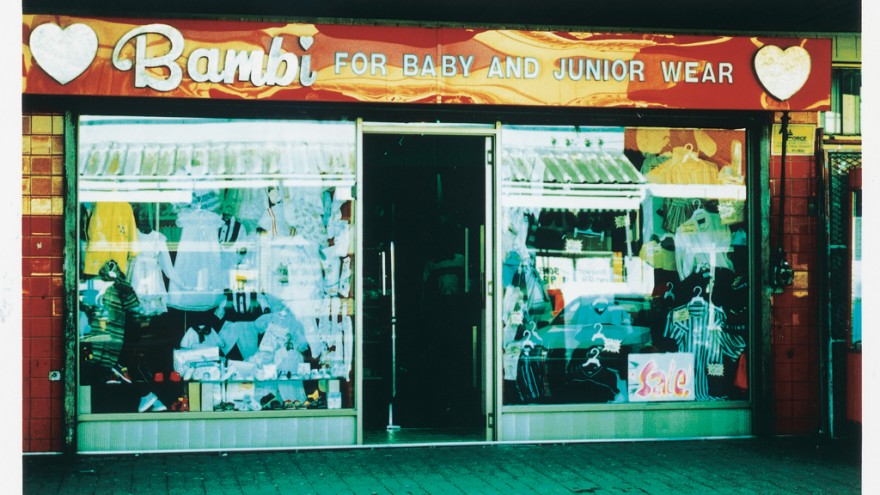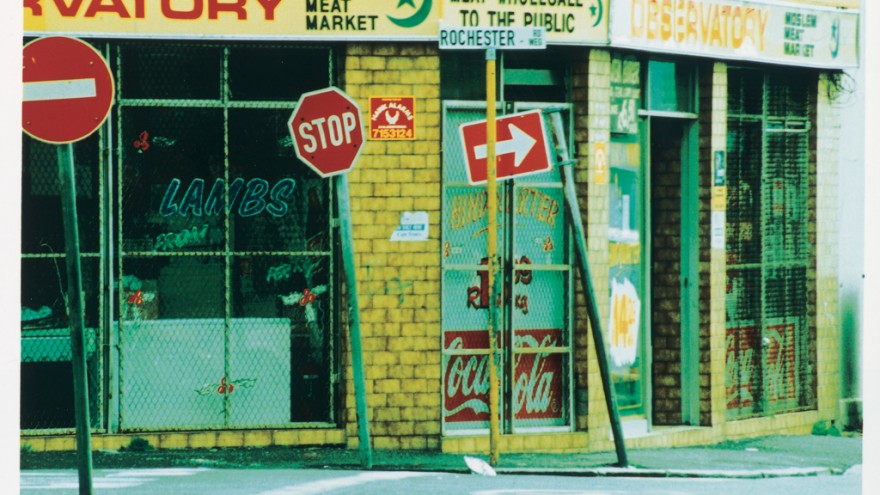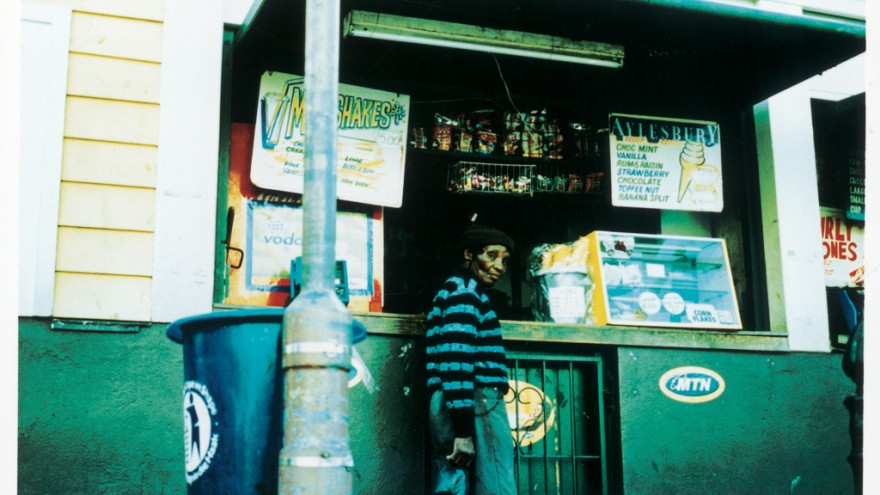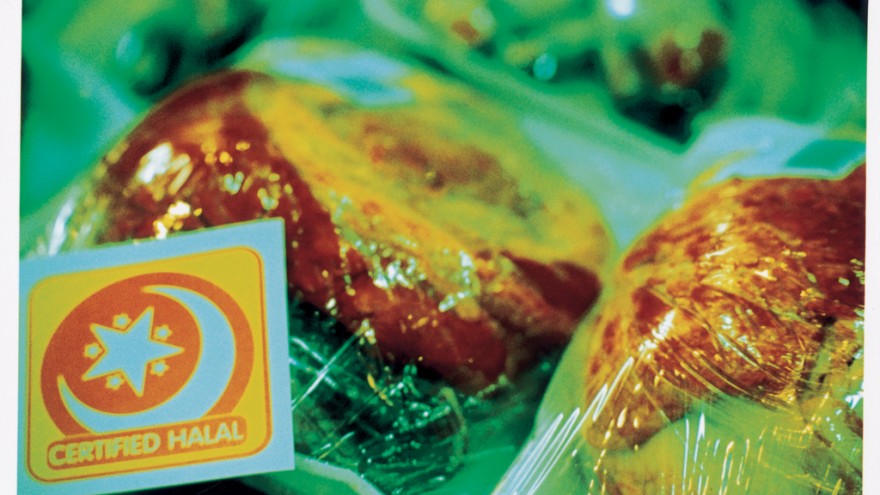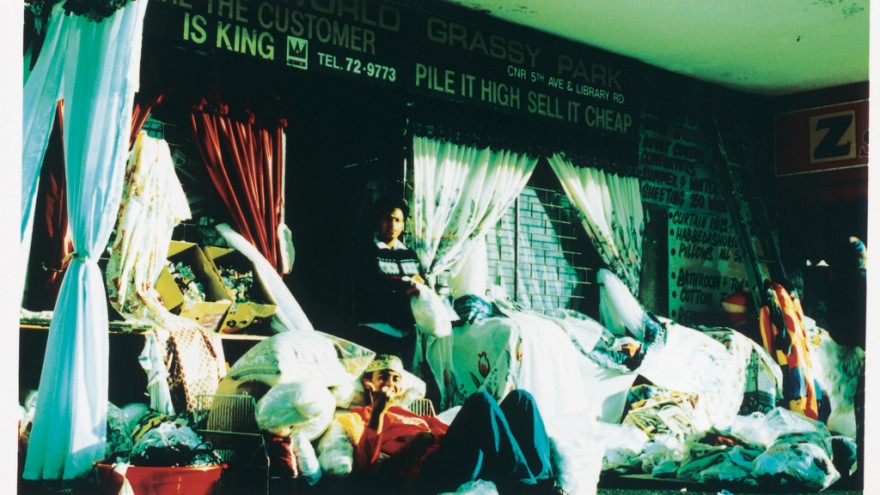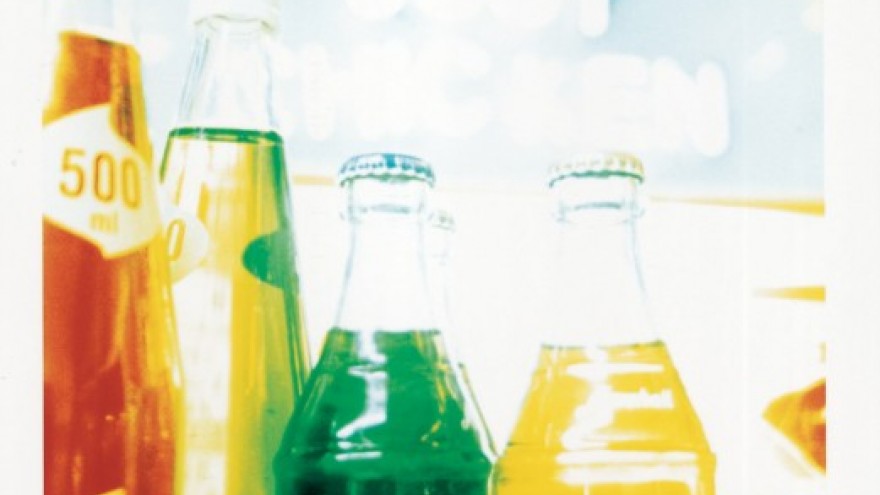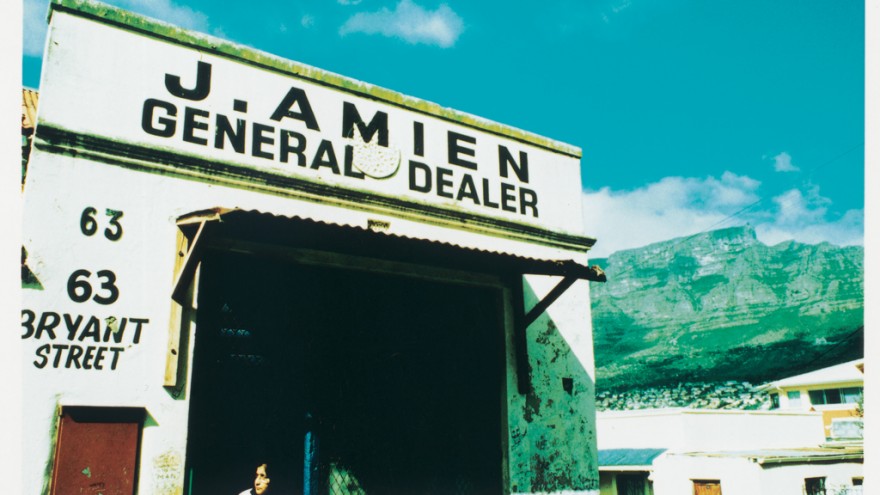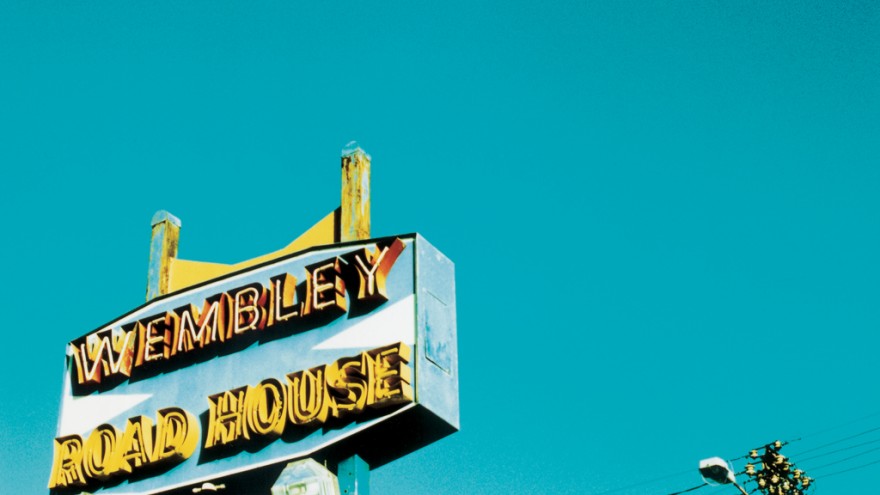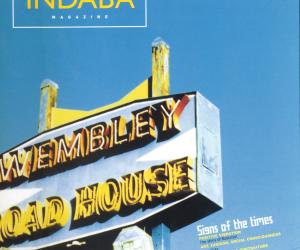First Published in
Every day, we encounter symbols that make impressions. These impressions react with our cognitive chemistry reinforcing, challenging and sometimes even reversing the notions we hold. As an intentional human endeavour, this has come under the scrutiny of those who view the maps of our subjectivity (cognitive alchemists also known as marketers and planners) as valued ore to be processed and made manifest. They believe that if they comprehend people's symbols they will understand people. I propose that the converse is closer to the truth - if they understand people, they will understand what they are attached to.
In everyday life, symbols (such as language, colour usage, patterns and textures, to name a few) play a role in the decisions we make, how we make them as well as how we comprehend our environment. This includes choices about the things we buy and where we buy them. Hence the marketers' interest.
As someone who grew up in a predominantly Muslim Coloured area in Cape Town, South Africa, there are particular systems of understanding that probably have more of an effect on me more than others. (Un)naturally, the composition of the communities serviced by these stores was determined by political (racial) profile. This meant that the ideological structure in the life of the community tended to be quite homogeneous and not as multicultural as it is today. This still shows itself in the manual rendering of lettering, numerals and background images. It is not unusual to see Arabic script of words spoken by the Archangel Gabriel to the prophet Mohammed as well as the characteristic crescent and star signifying halaal co-existing with commercial messages on shop fronts.
Allow me to escort you on a short stroll down the long alley of memory to Ma's corner café down the road, Welcome barber shop where I cut my hair at as a kid, the various fast food joints (take-aways) I frequented for Gatsbys*, chip rolls* and bunny-chow* at all hours of day or night. We always had the unwritten handbook on who specialised in what. Along with this came the budgetary constraints that acted as our check regarding the where and when of buying onbeskofde dyt*. Contributions toward the purchase of the sustenance of choice were always enthusiastically welcomed - in fact, sometimes zealously solicited from parents, aunts, uncles and other assorted relatives. Thankfully, the presiding culture of sharing meant that more often than not, we ended up at the Gatsby shop. For those of you out of the loop*, a Gatsby is a French loaf cut in half like a large roll or into four or six pieces and stuffed with the savoury content of your heart's desire. The popular fillings: polony, curry, steak, viennas, chicken, fried potato chips, salads or fish finished off (to make absolutely sure that nothing still lives) with a strong mix of preservatives and flavour. Some people are really proud of their "original special sauce" and with damn good reason.
Today, an original Abassie se worsie* is not an easy package of offal to find because it has joined the collective urban legend of "the good old days" but the ones you find today tend to be reasonable facsimiles.
A lot of what I enjoy and believe to be true about these non-meedi-hated* institutions (i.e. not kay.f.see*, Mikdonnels* or any of the other places where you can buy trousers and pay your electricity bill in the same experience) was made apparent to me by word of mouth over the years. So how do the proprietors of these non-global, sometimes non-environmentally friendly but never impersonal enterprises ruffle their tail feathers to appeal to our common cents?
"My broe! jy moet die mense se duidelikke dyt uitcheck" is usually all the advertising I need to be convinced of the acceptability and integrity of the establishment in question. It is an integral part of the communication that takes place between the next olap worsie* I eat and myself.
Over the years, the usefulness of these businesses to the community has grown to serve more than the original function of satisfying the need for basic necessities such as bread, milk, sugar, floor polish (often supplied at unconventional and inconvenient business hours). The inclusion of and respect for the prevalent cultural determinants and religious affiliations has blossomed as a basis for common understanding, a.k.a. close friendship between the business owner and his / her clients.
IA Latief & Son, Jordaan Cash Store, Atlas Trading Co., J Amien General Dealer, Universal Café and other establishments of their kind are examples of flourishing businesses based on the "universal concept of good values" where personal relationship and commerce are merged together to service my real and sentimental needs to catch up on the latest neighbourhood skinner*, have a good laugh and belong.
In the end, this is why I choose the great gatsby over the mass produced efficiency of mac-you-know-who.


